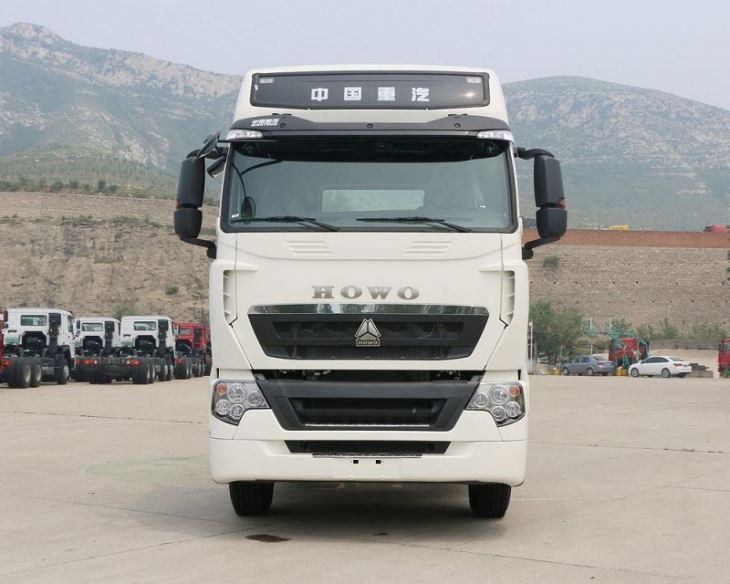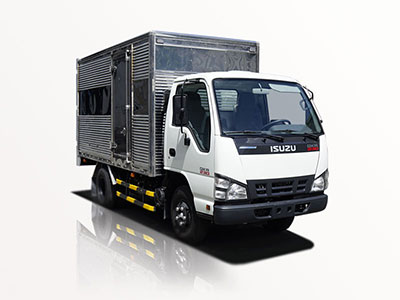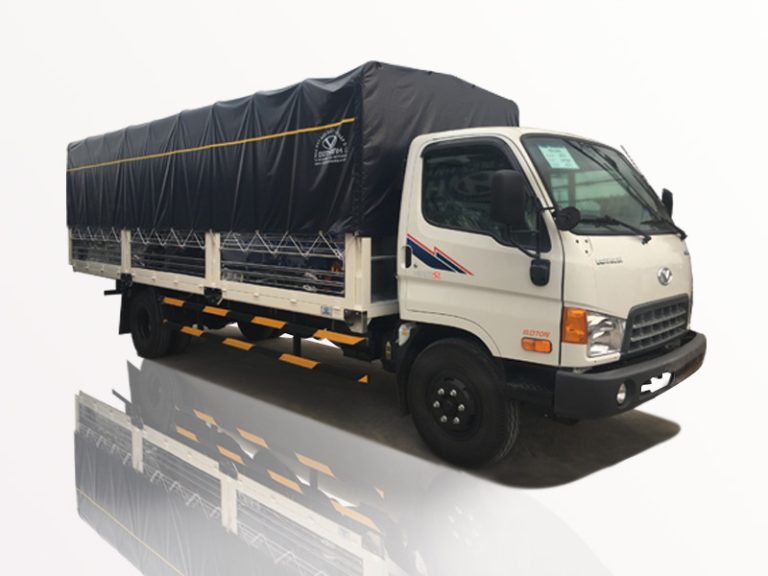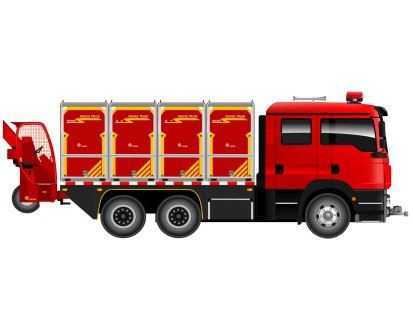Introduction
The Peterbilt roll off truck is renowned for its exceptional performance, durability, and versatility in the waste management and construction industries. This heavy-duty vehicle is designed to transport roll-off containers efficiently, making it an essential tool for businesses involved in junk removal, construction debris collection, and recycling operations. In this comprehensive guide, we will explore its features, specifications, applications, benefits, and maintenance tips, providing you with all the information you need to understand the significance of the Peterbilt roll off truck.
Understanding the Roll Off Truck Concept
Before delving into the specifics of the Peterbilt roll off truck, it’s essential to have a foundational understanding of what a roll off truck is.
What is a Roll Off Truck?
A roll off truck is a type of vehicle specially designed for the transportation of roll-off containers that are used for waste disposal and recycling. These trucks feature a hydraulic system that allows them to load and unload containers with ease. The roll-off system consists of a frame with rollers that help the container slide on and off the truck bed.
How Roll Off Trucks Work
The operation of a roll off truck involves several steps:
- The truck drives to the location of the container.
- The operator uses the hydraulic system to lower the container onto the ground.
- Once the container is filled, the operator repositions the truck, engages the hydraulic system, and lifts the container back onto the truck.
The Peterbilt Roll Off Truck: An Overview
History of Peterbilt
Founded in 1939, Peterbilt Motors Company has been a leader in manufacturing premium trucks, especially in the heavy-duty segment. Their commitment to quality and innovation has made them a trusted name in the trucking industry.
Features of Peterbilt Roll Off Trucks
The Peterbilt roll off truck is equipped with several features that enhance its functionality and safety:
- Robust Frame: Designed to withstand heavy loads, the frame is made from high-strength steel.
- Powerful Engines: Equipped with diesel engines that provide ample horsepower and torque for efficient operation.
- Advanced Suspension System: Ensures a smooth ride even on uneven terrains.
- User-Friendly Controls: Easy-to-operate controls for efficient loading and unloading of containers.
Available Models
Peterbilt offers a variety of roll off truck models that cater to different needs:
- Model 567: Known for its versatility and adaptability, perfect for urban environments.
- Model 389: A classic design focused on heavy-duty applications, providing excellent power and stability.
- Model 579: Incorporates advanced aerodynamics for fuel efficiency, making it ideal for long-distance hauling.
Specifications of the Peterbilt Roll Off Truck
Engine Options
| Model | Engine Type | Horsepower | Torque |
|---|---|---|---|
| Model 567 | Cummins ISX12 | 400-600 hp | 1450-1850 lb-ft |
| Model 579 | Paccar MX-13 | 500-565 hp | 1850-2050 lb-ft |
| Model 389 | Cummins ISX15 | 500-600 hp | 1800-2050 lb-ft |
Transmission Options
Peterbilt roll off trucks come with various transmission options:
- Automated Manual Transmission (AMT): Enhances fuel efficiency and ease of use, ideal for urban settings.
- Manual Transmission: Provides more driver control, suited for various hauling conditions.
Dimensions and Weight
| Model | Length | Width | Max Payload |
|---|---|---|---|
| Model 567 | Approximately 22 ft | 96 in | Up to 20,000 lbs |
| Model 579 | Approximately 24 ft | 96 in | Up to 24,000 lbs |
Applications of Peterbilt Roll Off Trucks
Waste Management
Peterbilt roll off trucks are widely used in the waste management industry, helping companies transport large volumes of waste quickly and efficiently. They are often utilized for:
- Residential cleanup projects.
- Commercial waste management.
- Construction debris removal.
Recycling Operations
With growing environmental concerns, many businesses leverage Peterbilt roll off trucks for recycling operations, making it easier to transport recyclables to processing facilities.
Construction Sites
These trucks are essential on construction sites, facilitating the quick and safe removal of construction materials and debris. They improve workflow by providing timely waste removal solutions.
Benefits of Choosing a Peterbilt Roll Off Truck
Durability and Reliability
Peterbilt trucks are built to endure demanding conditions, ensuring that they last longer and require less frequent repairs, saving you money in the long run.
Comfort and Safety Features
- Comfortable Cabin: Ergonomically designed to minimize driver fatigue.
- Advanced Safety Systems: Features like anti-lock brakes and stability control enhance safety on the road.
Fuel Efficiency
Modern Peterbilt designs focus on aerodynamics and engine optimization, meaning these trucks consume less fuel, which is crucial given the rising fuel prices.
Maintenance Tips for Your Peterbilt Roll Off Truck
Regular Inspections
Schedule regular inspections for any signs of wear, including checking the brakes, tires, and hydraulic systems.
Fluid Levels
Monitor and maintain fluid levels such as engine oil, transmission fluid, and hydraulic fluid to ensure optimal performance.
Keeping It Clean
Regularly wash your truck to prevent rust and corrosion. A clean truck not only looks good but also lasts longer.
Professional Servicing
Always choose a certified Peterbilt dealer for major repairs and service to ensure your truck receives the best care.
Comparing Peterbilt Roll Off Trucks with Competitors
Peterbilt vs. International
Both brands offer strong options in the roll off truck category, but Peterbilt is often preferred for its robust engine performance and higher resale value compared to International.
Peterbilt vs. Mack
Mack trucks are known for their rugged build, while Peterbilt is favored for its advanced technology and fuel efficiency, making them a better option for urban environments.
Cost Considerations When Investing in a Peterbilt Roll Off Truck
Initial Purchase Price
The initial investment in a Peterbilt roll off truck can range significantly depending on the model and options chosen. Typically, expect prices to start from $100,000 and go upwards for premium models with additional features.
Total Cost of Ownership
When considering a Peterbilt roll off truck, factor in costs such as insurance, maintenance, fuel, and potential financing options to determine the total cost of ownership over time.
Resale Value
Peterbilt trucks tend to maintain a strong resale value, making them a wise investment over the long term.
Frequently Asked Questions (FAQ)
1. What makes the Peterbilt roll off truck a reliable choice?
Peterbilt trucks are built with durable materials, equipped with powerful engines, and feature advanced safety systems, making them reliable for heavy-duty operations.
2. How often should I perform maintenance on my Peterbilt roll off truck?
Regular maintenance checks should be conducted every 5,000 miles or at least quarterly, depending on usage. This includes oil changes and brake checks.
3. Can I customize my Peterbilt roll off truck?
Yes, Peterbilt offers a wide range of customization options, including engine choices, cab configurations, and specialized features tailored to your business needs.
4. How can I improve fuel efficiency in my Peterbilt roll off truck?
Regular maintenance, proper tire pressure, and adopting fuel-efficient driving habits are effective ways to enhance fuel efficiency.
5. Are Peterbilt roll off trucks suitable for city driving?
Yes, models like the Peterbilt 567 are designed to navigate urban environments effectively, balancing the need for power with maneuverability.
6. What is the expected lifespan of a Peterbilt roll off truck?
With regular maintenance and good care, a Peterbilt roll off truck can last 15 years or more, depending on usage and driving conditions.



